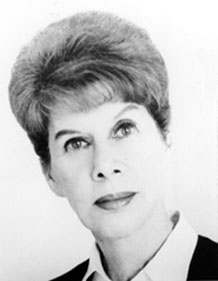A Quote by Neil Cross
I'd always read omnivorously and often thought much literary fiction is read by young men and women in their 20s as substitutes for experience.
Quote Topics
Related Quotes
The Booker thing was a catalyst for me in a bizarre way. It’s perceived as an accolade to be published as a ‘literary’ writer, but, actually, it’s pompous and it’s fake. Literary fiction is often nothing more than a genre in itself. I’d always read omnivorously and often thought much literary fiction is read by young men and women in their 20s, as substitutes for experience.
Everybody should read fiction… I don’t think serious fiction is written for a few people. I think we live in a stupid culture that won’t educate its people to read these things. It would be a much more interesting place if it would. And it’s not just that mechanics and plumbers don’t read literary fiction, it’s that doctors and lawyers don’t read literary fiction. It has nothing to do with class, it has to do with an anti-intellectual culture that doesn’t trust art.
Thoughts for Young Men abounds in reliable counsel and says - with a rare combination of seriousness and graciousness - the very things we need to hear. Young men, for whom it was written, will find it invaluable; but all Christians, men or women, young or old, can read it with lasting benefit. It deserves to be widely read and circulated, and will do spiritual good to every reader.
Who reads short stories? one is asked, and I like to think that they are read by men and women in the dentist's office, waiting to be called to the chair; they are read on transcontinental plane trips instead of watching banal and vulgar films spin out the time between our coasts; they are read by discerning and well-informed men and women who seem to feel that narrative fiction can contribute to our understanding of one another and the sometimes bewildering world around us.
Turkey is a complex country. Most readers are women, of all generations, and they are passionate about books. However, the written culture is mostly patriarchal. In general, men write; women read. I would like to see this pattern changing. More women should write novels, poems, plays, and hopefully, more men will read fiction.
There are two races of people -- men and women -- no matter what women's libbers would have you pretend. The male is motivated by toys and science because men are born with no purpose in the universe except to procreate. There is lots of time to kill beyond that. They've got to find work. Men have no inherent center to themselves beyond procreating. Women, however, are born with a center. They can create the universe, mother it, teach it, nurture it. Men read science fiction to build the future. Women don't need to read it. They are the future.






































